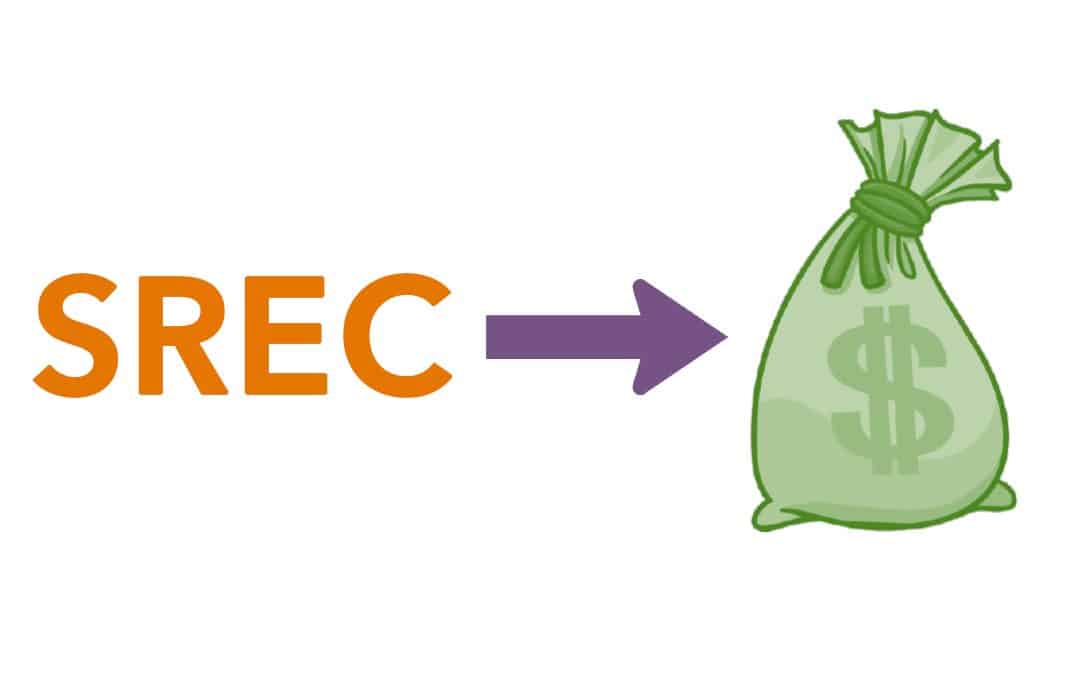Navigating the SREC (Solar Renewable Energy Credit) market in Washington, DC can be tricky, especially with fluctuating prices and varied broker fee structures. For solar system owners in Washington D.C., choosing the right broker can significantly impact annual returns. In this article, we compare Flett Exchange, SRECTrade, and Sol Systems, focusing on both spot prices and long-term contract options to help you maximize revenue while managing market risks.
Spot Price Comparison for a 10 kW System (October 2024)
For a 10 kW system producing 12,500 kWh per year (or 12.5 SRECs), here’s how the brokers stack up:

Summary of Spot Price Contracts
Why Choose a Spot Price Contract?
Spot price contracts are ideal for sellers who are comfortable with market fluctuations and prefer to manage their SRECs actively. Here’s why some homeowners and organizations prefer spot price agreements:
- Potential for Higher Returns: If market prices rise, spot contracts allow sellers to capitalize on those gains without being tied to a lower fixed rate.
- Flexibility and Control: Sellers can time their sales to align with peak prices or favorable policy changes.
- No Lock-In Penalties: Spot contracts do not impose penalties or constraints, providing freedom to adjust strategies as market conditions change.
This option works well for those who closely monitor the SREC market or are advised by experts, giving them the confidence to take advantage of price fluctuations. However, it may introduce greater financial uncertainty compared to long-term contracts.
Comparison of Long-Term Contract Options

Summary of Long-Term Contract Benefits
- Reduces Market Risk: If SREC prices fall, homeowners with fixed-rate contracts are unaffected.
- Predictable Cash Flow: Ensures steady income, useful for budgeting and planning.
- Less Stress: Reduces the need to monitor market fluctuations or time SREC sales for optimal returns.
While Sol Systems offers multi-year contract options, Flett Exchange and SRECTrade stick to spot pricing without long-term guarantees. This makes Sol Systems a good option for those who prioritize stability, while the other brokers appeal more to sellers looking to maximize earnings in the short term through spot markets.
Why Choose a Long-Term Contract?
While spot prices can be attractive, long-term contracts provide financial stability. For those who believe that SREC prices might drop due to market saturation or changing legislation, locking in a guaranteed rate ensures predictable income over several years. A fixed rate helps reduce exposure to market volatility, making it an ideal choice for risk-averse homeowners and organizations.
Conclusion: Which SREC Broker Should You Choose?
- Flett Exchange: Best for sellers seeking low fees and instant payments with straightforward transactions.
- SRECTrade: Great for users preferring automation and regular market updates, with reasonable pricing.
- Sol Systems: Ideal for those who want financial stability through long-term contracts, despite slightly higher fees.
Choosing the right broker depends on your financial goals and risk tolerance. If you believe the SREC market will decline, locking in a multi-year contract with Sol Systemsmight be the safest bet. However, if you want to maximize short-term earnings, Flett Exchange or SRECTrade will likely suit your needs better.
If you’re in the process of going solar or just doing some research, feel free to reach out to one of our Energy Advisors who can help you compare your options from our network of solar developers and financiers.

